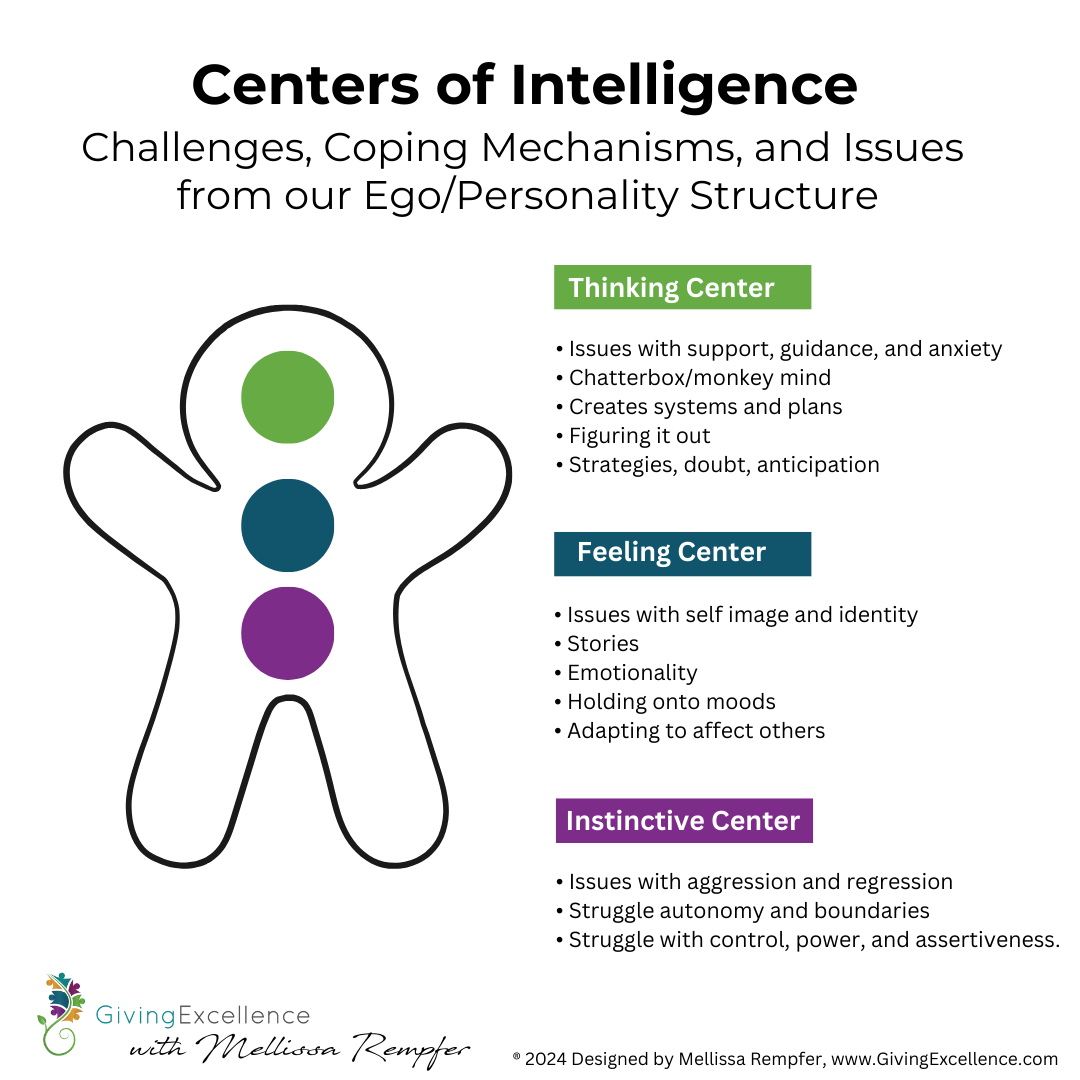Have you ever wondered why you behave or think in certain ways, even when you know those patterns might not serve you well? It's a question that has puzzled philosophers, psychologists, and spiritual seekers for centuries: Why are we the way we are? The answer, as it turns out, lies in understanding the intricate framework that shapes our personalities and behaviors – a framework that is both our greatest ally and our greatest challenge. Ready to understand the secret code behind limiting beliefs and behaviors?
The Invisible Framework of Our Psyche
Just as invisible ink reveals hidden messages, there is a secret code embedded within each of us that governs how we perceive the world and respond to it. This code is written in the language of our experiences, our coping mechanisms, and our deeply ingrained beliefs.
From the moment we are born, we begin constructing a personality structure – a scaffolding of sorts – that helps us navigate the complexities of life.
(Learn more about the SOI- Structure of Interpretation on this article).
As infants, we cry out for our needs to be met, whether it's hunger, discomfort, or simply a desire for connection. The way our caregivers respond to these cries shapes just one example of our earliest experiences and lays the foundation for how we will interact with the world.
If our needs are consistently met with warmth and attunement, we develop a sense of trust and security. If, however, our cries are met with inconsistency, neglect, or even hostility, we could to construct coping mechanisms – ways of behaving or thinking that help us survive in an unpredictable environment or not getting our wants or desires met.
Our thoughts, behaviors, and emotional responses are coping mechanisms our psyche has created as a way to support us to survive in this world. And what serves us as children as learned coping mechanisms, may not be the best coping mechanism or habit for us as adults.
Often times, these coping mechanisms (limiting beliefs, emotional reactions, and destructive behaviors) became prisons of our making.
The Centers of Intelligence
This personality structure, or ego structure as it is sometimes called, is comprised of three interconnected centers of intelligence: the thinking center, the feeling center, and the instinctive center.
The Thinking Center: This center governs our thought processes, our ability to analyze and reason, and our capacity for decision-making. It is the realm of "what if" scenarios, monkey mind, and the constant quest for more information or knowledge.
Our limiting beliefs come from the hijacking by our personality/ego structure of our thinking center.
The Feeling Center: This center is the domain of emotions, relationships, and how we relate to ourselves and others. It encompasses everything from shame and guilt to envy and comparison, as well as our sense of self-worth and the ability to experience joy and happiness.
Our emotional reactions come from the hijacking by our personality/ego structure of out feeling center.
The Instinctive Center: This center is the wellspring of our behaviors, actions, and gut instincts. The Instinctive center is about autonomy and sense of self. Our ways of showing up in the world/ how we behave with our body and actions. Behaviors and actions that could get us into trouble could manifests in patterns like perfectionism, people-pleasing, overachieving, procrastination, and indecisiveness – all coping mechanisms that once served a purpose but may now be holding us back.
Our bad habits and destructive behaviors come from the hijacking by our personality/ego structure of our instinctive center.
Building the Framework for Limiting Beliefs and Behaviors
As we grow and encounter new experiences or continue with the coping mechanism that aligns with our ego/personality's structure's desire. (Such as making things right leading to perfectionism, being helpful leading to unhealthy boundaries, playing it safe to not taking any risks or getting out of one's comfort zone) and many more; these justify our ego/personality structure.
The continual reinforcement of our personal/ego structure just makes the liming beliefs, emotional reactions, and behavioural habits/desires to be in that particular way that much structure. Think of it like you continue to reinforce a structure over and over again so that is practically immobile.
This structure becomes more rigid (especially , reinforcing itself through our thoughts, feelings, and behaviors. It is both a protective shell and a prison, shielding us from perceived threats while simultaneously limiting our potential for growth and authenticity.
Same it true about how we are- we are pretty set in our ways of how we are- we are masterful at procrastination, over thinking, shiny object syndrome, saying yes when we really want to say no, imposter syndrome, over achieving, playing small, second guessing ourselves.
We have been using these coping mechanisms are entire life, and they continue to reinforce the personality/ego structure using our centers of intelligences.
Breaking the Limiting Beliefs and Behavior Cycle: Embracing Our True Nature
The good news is that while our personality structure is deeply ingrained, it is not set in stone. By developing self-awareness, cultivating compassion and curiosity, and being in practices (skills development to learn new behaviors and habits), then we can begin to loosen the grip of our ego/personality structures and tap into our true, essential nature.
So that pesky limiting beliefs and habits which we all have, but we just can't seem to break; you have had your entire life reinforcing them as coping mechanisms. However with the right guide/coach you can overcome and transform how you may be getting in your own way.
Want to learn more? Check out Introspective Invitation.
This journey of self-discovery requires a willingness to question our long-held beliefs, to examine our habitual patterns with curiosity and non-judgment, and to embrace the parts of ourselves that we have long rejected or suppressed. It is a process of unlearning and relearning, of shedding the layers of conditioning that have obscured our authentic selves.
As we peel back these layers, we begin to experience a sense of freedom and expansiveness that was previously inaccessible. We become more present, more attuned to our deepest desires and values, and more capable of showing up in the world with genuine authenticity and compassion.
The path is not an easy one, but it is a journey worth taking. For in understanding why we are the way we are, we unlock the potential to transcend our limitations and step into our full, radiant expression of being.
Till next time.
-Mellissa Rempfer
Mellissa Rempfer, MA.ed AET, P.C.C. Human Potential Enneagram Coach
Mellissa Rempfer helps people on their paths to success get out of their own way by finding the best in themselves and others. Mellissa has taught, coached, and lead workshops around the world for over 20 years, all the while constantly asking “what is needed for the person before me to grow and develop?” Mellissa’s need to answer that question is a personal one given the challenges her own life has surrounded her with, from homelessness in high school to a long and continuing struggle with medical issues, and many more lessons in resilience in-between.
Mellissa’s credentials and certifications to support her work in human growth and transformation include: Master’s Degree in Adult Education in Training and Development, Professional Certified Integral Coach, Certified Enneagram Teacher, and Authorized Workshop Facilitator with the Enneagram Institute. Mellissa can be often be found talking with strangers, enjoying all things in nature, giving away free hugs, watching The Great British Bake Off with her husband, or being a fully present dog mom.



